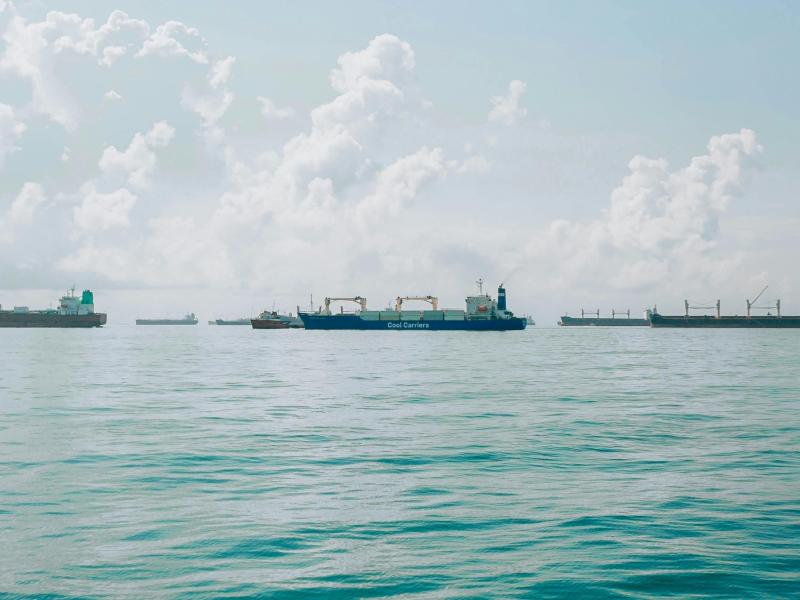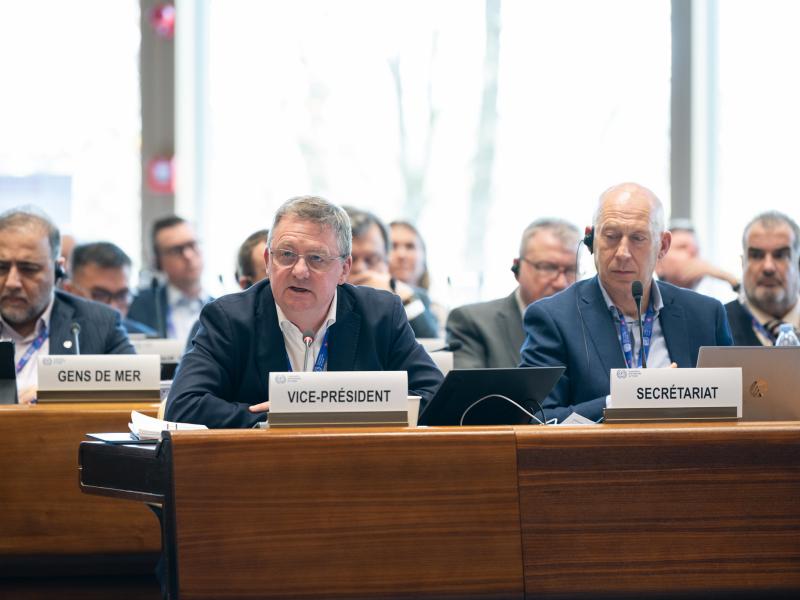Global unions the ITF (International Transport Workers' Federation) and IUF (International Union of Food, Agricultural and Hospitality Workers) today applauded the steps forward made in preventing often shocking abuse of crews on fishing vessels in New Zealand waters. They were reacting to the progress of a bill in the New Zealand parliament to protect workers on non-NZ fisheries vessels classed as foreign charter vessels (FCVs), and praised the work of New Zealand trade unions in delivering positive change for workers in the industry.
The Fisheries (Foreign Charter Vessels and Other Matters) Amendment Bill will mean that FCV vessels will need to be flagged in New Zealand – bringing them and those on them under the country’s laws and protection. It completed its second reading on 15 April 2014 with support from all sides of the house.
The New Zealand Government rejected changes to the Bill at the Select Committee that would have allowed exemptions from the new law, including fishing boats using treaty settlement quota and fishing for migratory species. Exemptions will remain for specific vessels engaged in research purposes.
The new law would require all FCVs except those operating within certain specified criteria to be reflagged to New Zealand while operating within New Zealand’s Exclusive Economic Zone (EEZ).
Liz Blackshaw is programme leader for the joint ITF/IUF Catcher to counter initiative, which works with fishers to build worker representation and improve conditions across the fishing industry. She commented: “Reflagging FCV vessels is an important step in cleaning up New Zealand’s fishing industry and removing ‘slave ships’ from its waters. The government made the right decision in removing exemptions, as these would have provided loopholes to get around the law.
“The change in the law is long overdue and there were still many outstanding issues in the industry, including a major court action currently in progress over underpayment of wages.”
IUF general secretary Ron Oswald commented: “The unions’ campaign was all about improving conditions for fisheries workers – something that this bill finally addresses.”
"However,” he added, “we are also seeking to help these workers unionise, and develop secure jobs in value-added processing within the national industry, and this should be a priority for New Zealand”.
He concluded: “The progress of this bill is a result of the hard work of New Zealand unions including the Maritime Union of New Zealand, the Merchant Service Guild and the Service and Food Workers’ Union.”
ENDS
Notes for editors
The International Transport Workers' Federation (ITF) is an international trade union federation of around 700 unions representing over 4.5 million transport workers, including seafarers and fisheries workers, from some 150 countries.
The International Union of Food, Agricultural, Hotel, Restaurant, Catering, Tobacco and Allied Workers' Associations (IUF) is an international federation of trade unions composed of 396 affiliated organizations in 126 countries representing a combined membership of around 2.6 million.
Both organisations are working together in the joint Catcher to counter programme.
For more information see www.itfglobal.org/fish/index.cfm
For more details please contact:
ITF press and editorial manager Sam Dawson. Tel: +44 (0)20 7940 9260. Email: dawson_sam@itf.org.uk
ITF/IUF Catcher to counter programme leader Liz Blackshaw. Tel: +44 (0)773 932 2335. Email: Blackshaw_Liz@itf.org.uk
Global unions applaud NZ ‘slave ships’ progress
news
Press Release
ON THE GROUND
news
Press Release
20 years of advancing social dialogue and decent work at sea
Joint statement from the International Labour Organization, the International Chamber of Shipping, and International Transport Workers’ Federation on the 20th anniversary of the Maritime Labour
news
Press Release
ITF celebrates anniversary of landmark global treaty for seafarers
The ITF played a leading role in securing the now 20-year-old Maritime Labour Convention – and it continues to advocate for its implementation and updating to protect seafarers’ rights Before 2006
news
Urgent protection needed for Malian truck drivers after deadly convoy attacks
The International Transport Workers’ Federation (ITF) is calling on the government of Mali to urgently intervene to protect truck drivers following a wave of deadly attacks targeting fuel convoys and



